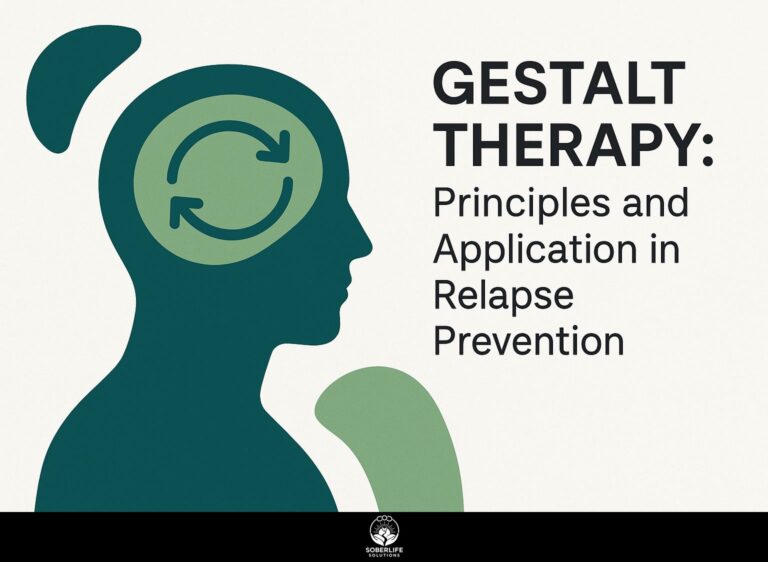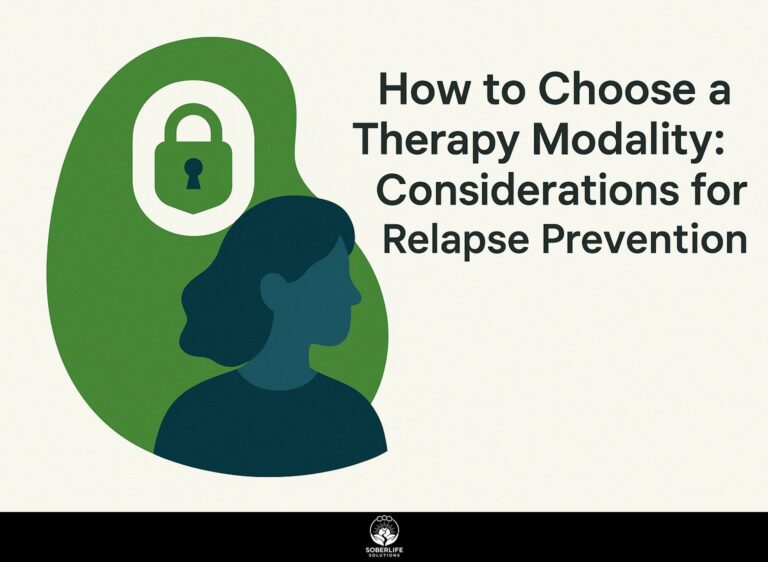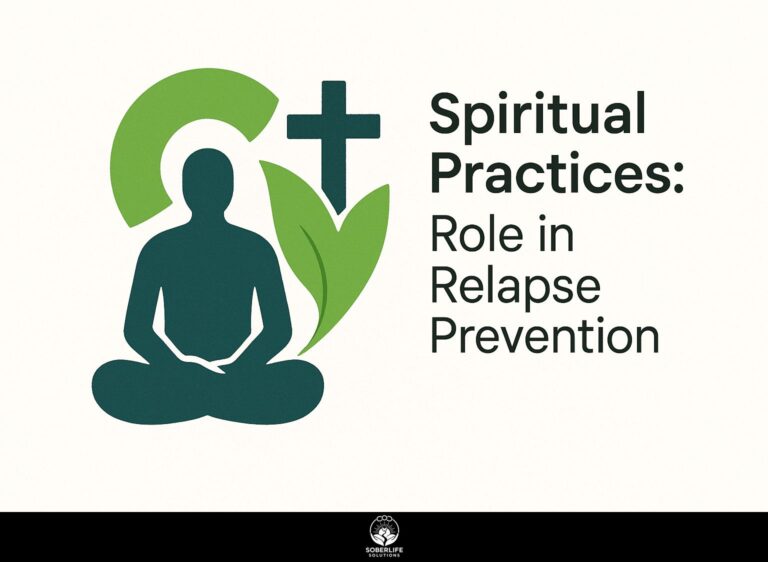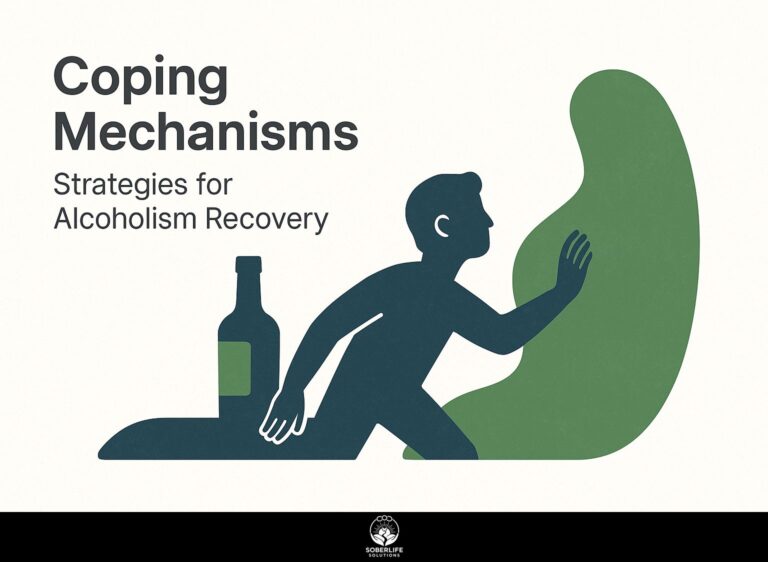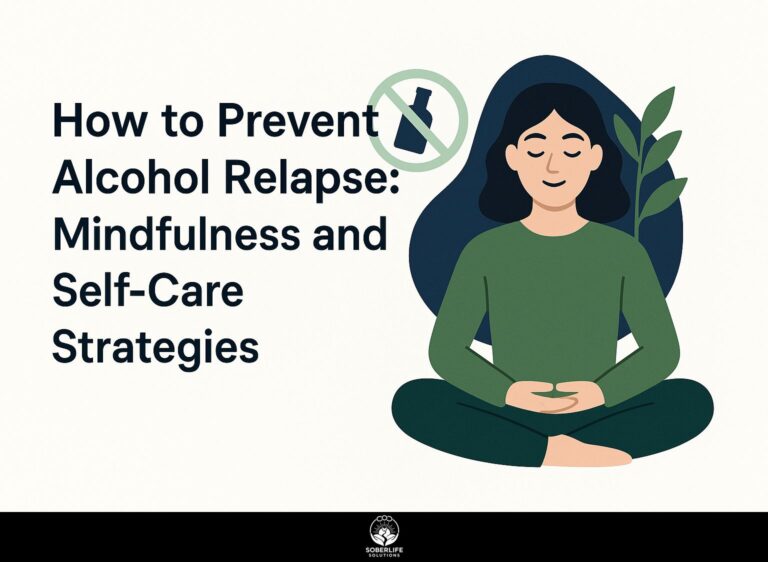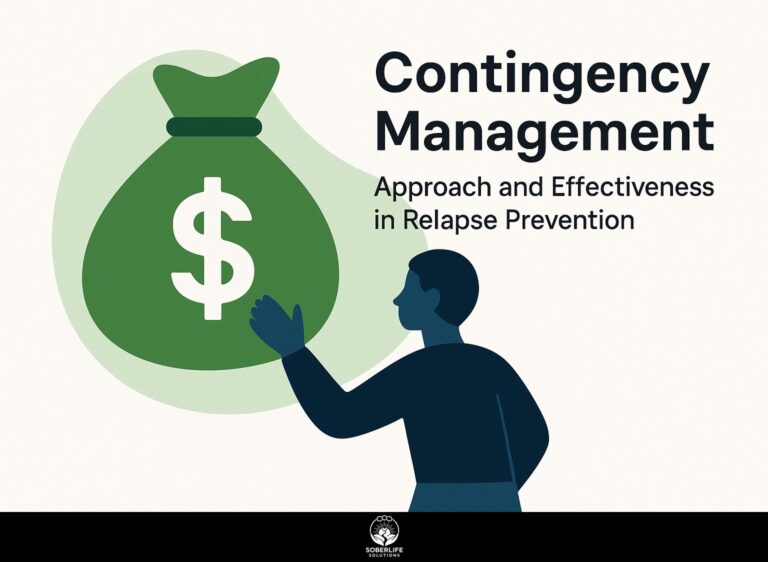Therapist Credentials: Importance and Verification

When looking for therapy, knowing the therapist’s qualifications is important to get good mental health help. Licensed professional counselors complete a lot of education and training, which is important for therapy. This article will explain why checking these qualifications matters, how they create trust, and which qualifications you should look for, helping you choose wisely for your mental health care.
Key Takeaways:
Definition and Overview
Therapists have different professional qualifications that allow them to provide effective therapy, such as state licenses and specific training.
Key examples include Licensed Marriage and Family Therapists (LMFTs), who focus on relationship issues, and Licensed Professional Counselors (LPCs), who address a range of mental health concerns.
Some therapists may hold certifications in specific modalities, such as:
- Certified Clinical Trauma Professionals (CCTPs)
- Dialectical Behavior Therapy (DBT) certification
These credentials show that the therapist has formal training and is dedicated to continuing education in their field, which is important for giving knowledgeable and effective treatment. As highlighted by Verywell Mind, understanding the types of therapy degrees available for different careers can provide further insight into the rigorous educational paths therapists undertake.
Importance of Therapist Credentials

Therapist qualifications are important for showing professional skill and building trust between therapists and clients. Understanding the credentials of alcohol counselors can also enhance recovery efforts. Learn more about the specific techniques and qualifications necessary for effective counseling in recovery settings.
Ensuring Professional Competence
Verified credentials guarantee that therapists possess the necessary training and skills to provide effective mental health care.
State licensure confirms that therapists have completed thorough education and hands-on training requirements. Licensed clinical social workers (LCSWs) must earn a master’s degree in social work and complete supervised work to obtain their license, a process detailed by the Board of Licensed Professional Counselors and Therapists in Oregon.
Specialized training, such as certifications in trauma-informed care or dialectical behavior therapy (DBT), indicates that a therapist is equipped to address specific concerns like emotional dysregulation effectively.
These credentials help build trust and reassure clients that their therapist can handle difficult psychological problems effectively.
Building Client Trust
Clients are more likely to engage in therapy when they see verified credentials, which play a significant role in building therapeutic alliances.
For instance, studies show that therapists with advanced degrees like a PhD or PsyD often receive higher satisfaction ratings from clients, as evidenced by research published by Taylor & Francis.
Having certifications in specific therapies like cognitive behavioral therapy (CBT) or dialectical behavior therapy (DBT) can help clients feel more confident in their therapist’s skills.
Tools like Psychology Today’s therapist directory allow people to find professionals by narrowing down search results based on their qualifications and specializations.
A therapist’s qualifications demonstrate their skills and help make therapy a safe place, which is important for successful sessions.
Types of Therapist Credentials

Therapist qualifications can be divided into licenses, certifications, and education, each important for their professional identity. For those looking to understand the nuances of selecting a professional, our step-by-step guide on choosing a qualified therapist offers valuable insights.
Licenses
Licenses, issued by state boards, are fundamental requirements for therapists to practice legally and ethically in their jurisdiction.
Licensed Professional Counselors (LPCs) usually need to have a master’s degree, complete roughly 3,000 hours of supervised practice, and pass a national test such as the NCE.
To renew, practitioners usually must finish continuing education credits, commonly 20-40 hours every two years, to stay updated on current practices. Therapists need to follow the laws and ethical rules of each state, as these can differ greatly.
Check your state board’s website to find the correct steps and deadlines so your practice stays legal.
Certifications
Certifications offer detailed training in particular therapy methods, improving therapists’ skills and services.
Common certifications that therapists may pursue include:
- Trauma-Focused Cognitive Behavioral Therapy (TF-CBT), which equips them to address trauma in children and adolescents.
- Mindfulness-Based Stress Reduction (MBSR), promoting stress management techniques.
- Dialectical Behavior Therapy (DBT) certification focuses on treating borderline personality disorder and associated behaviors.
These certifications expand a therapist’s abilities and lead to much better results for clients by offering specific treatments designed for individual needs.
Clients often report better coping strategies and improved emotional regulation as a result of engaging with certified therapists.
Education and Training
A solid educational foundation, including graduate-level education and practical experience, is critical for effective therapy practice.
Many therapists begin by getting a master’s degree in psychology, social work, or counseling. Afterward, they proceed to doctoral programs to gain additional training.
Completing approximately 3,000 supervised clinical hours is essential, often broken into direct client contact, supervision, and additional training sessions. Graduate programs typically include coursework on ethics, assessment techniques, and various therapeutic approaches.
For example, to obtain a Licensed Professional Counselor (LPC) credential, a person may need to earn a master’s degree and work a set number of hours while being supervised. This allows the therapist to gain hands-on experience and develop their abilities.
Verification of Credentials

Check a therapist’s qualifications to confirm they are legitimate and adhere to professional guidelines. If you’re unsure which credentials to look for, see also: Alcohol Counselors: Credentials and Techniques in Recovery
How to Verify Licenses
Clients can verify therapist licenses through state-specific boards, usually accessible online for public review.
To check a therapist’s license, start by visiting your state’s licensing board website, such as the California Board of Behavioral Sciences or the New York State Office of the Professions.
Search by the therapist’s name or license number. Look for sections that indicate the license status-active, inactive, or expired. Verify if there are any disciplinary actions.
Many states also provide a renewal schedule, so note when the license was last updated. You are working with a knowledgeable professional.
Checking Certifications
Certifications can be verified through professional organizations that maintain up-to-date records of their members’ credentials.
To confirm the validity of a certification, visit the relevant organization’s website, such as the Project Management Institute (PMI) for PMP certifications, the CompTIA for IT-related credentials, or the American Nurses Credentialing Center for nursing certifications.
Look for sections like `Verify Certification’ or `Credential Lookup’. If you find any differences, get in touch with these organizations directly. Always look at expiration dates and renewal needs to keep the credential valid and up-to-date.
Consequences of Unverified Credentials

Therapists who aren’t properly certified can put clients at serious risk and face significant legal issues themselves.
Risks to Clients
Clients risk their emotional health and safety when engaging with unverified therapists, potentially leading to harmful or ineffective treatment.
Studies indicate that about 20% of people looking for mental health help might find unlicensed professionals. This can result in improper diagnoses and treatment methods.
For instance, clients may experience increased anxiety or depression symptoms due to inadequate care.
To mitigate these risks, verify credentials through resources like the National Board for Certified Counselors (NBCC) or the American Psychological Association (APA). Think about asking for recommendations from people you trust or using websites like Psychology Today to find qualified experts.
Always prioritize your emotional safety in this critical process.
Legal Implications for Therapists
Therapists who work without proper credentials can face serious legal consequences, such as lawsuits and losing their license.
For instance, a therapist might face a malpractice suit if a client suffers harm due to improper treatment.
Licensing boards can impose fines, which vary by state but may reach thousands of dollars. In one instance, a person in California was fined $50,000 and permanently prohibited from getting a license because they practiced without having one.
Operating without credentials can lead to criminal charges, further complicating the situation. To prevent these risks, therapists need to get the right licenses and clearly show their qualifications.
Summary of Key Points
Key points include the critical role of verified credentials in ensuring professional competence and building trust within therapeutic relationships.
Clients should always verify the credentials of their therapists. This process can include checking licensing boards or professional associations relevant to the therapist’s specialty.
For example, in the U.S., the National Register of Health Service Psychologists offers a searchable database of licensed professionals. Clients can ask potential therapists about their educational background and any specialized training they’ve undergone.
Checking these credentials builds trust and helps clients make well-informed choices about their mental health care.
Frequently Asked Questions
What are therapist credentials and why are they important?
Therapist credentials refer to the education, training, and certifications held by a therapist. They matter because they show the therapist’s skills and experience, proving they can offer good and honest treatment to their clients.
What are some common therapist credentials?
Some common therapist credentials include Licensed Mental Health Counselor (LMHC), Licensed Clinical Social Worker (LCSW), Licensed Marriage and Family Therapist (LMFT), and Psychologist (PhD or PsyD).
How can I verify a therapist’s credentials?
You can verify a therapist’s credentials by checking with their licensing board or professional association, such as the American Psychological Association or the National Association of Social Workers. You can also ask the therapist directly to provide proof of their credentials.
Why is it important to verify a therapist’s credentials?
Checking a therapist’s credentials is important because it shows they have completed the required education and training to work as a therapist. It protects clients from potential risks and makes sure they receive correct treatment from a qualified professional.
What should I do if a therapist’s credentials cannot be verified?
If you cannot confirm a therapist’s qualifications, find another therapist with valid and confirmed credentials. It is important to prioritize your safety and well-being by working with a qualified and reputable therapist.
Can a therapist practice without proper credentials?
Usually, therapists need specific education, training, and a license to work legally. However, in some states or countries, there may be exceptions or gaps in the law that let people work without the right qualifications. It is always best to research and verify a therapist’s credentials before starting treatment with them.

